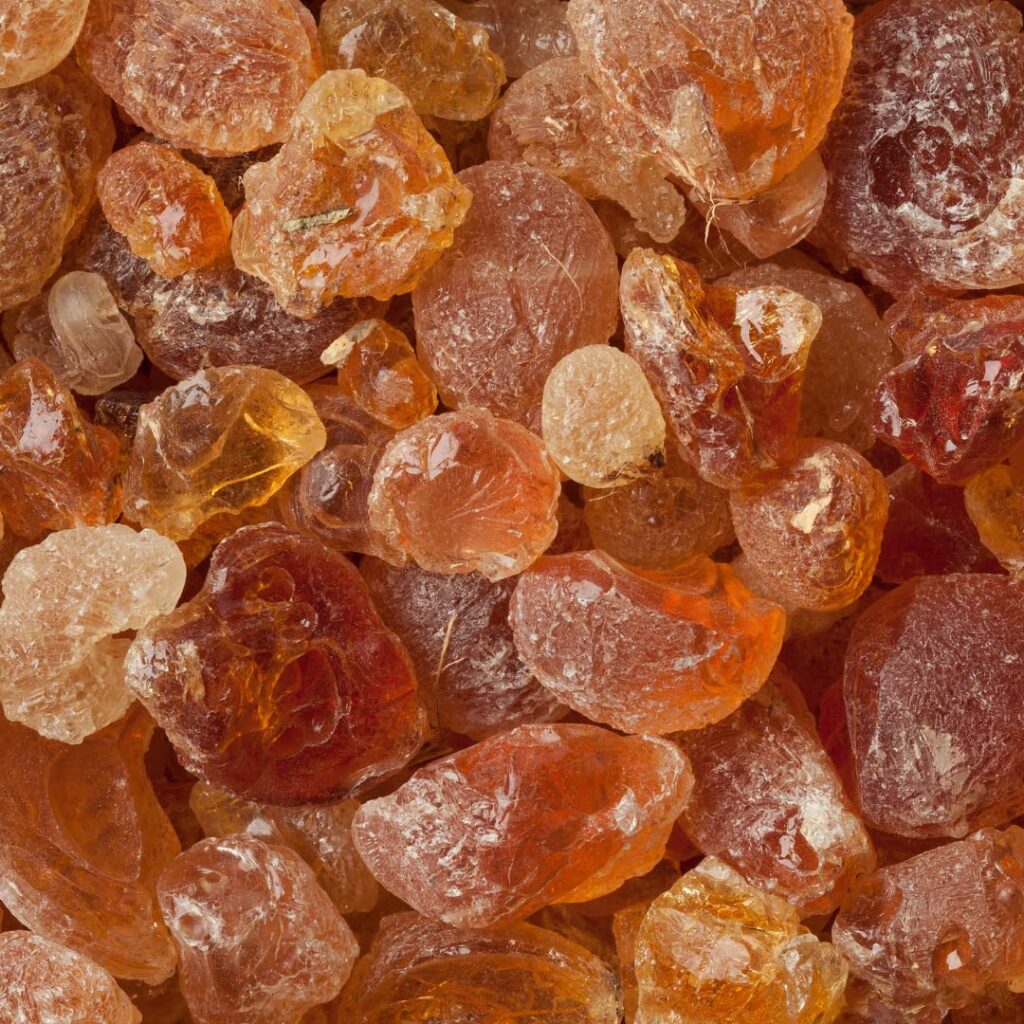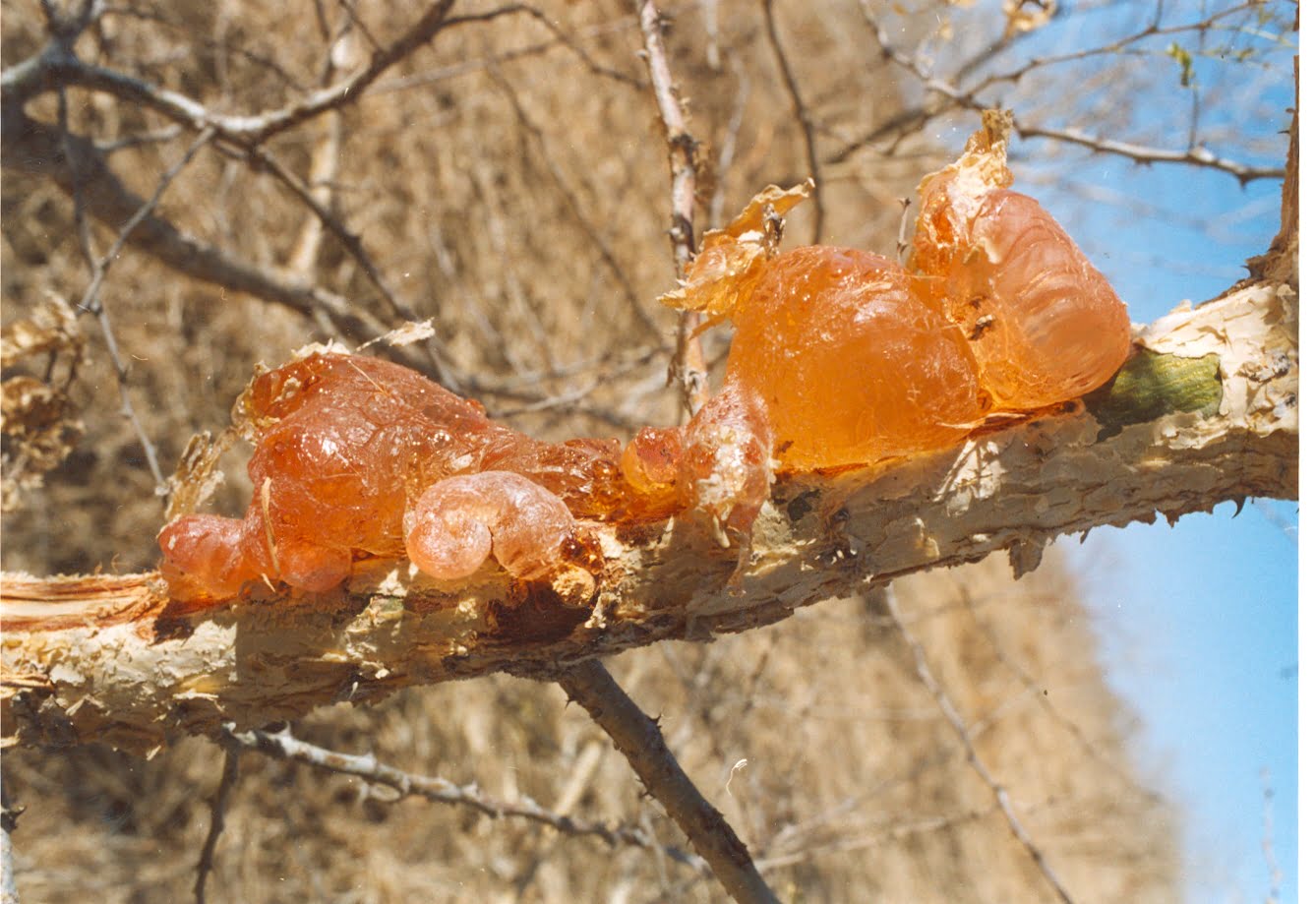Arabic gum, also known as gum arabic, is a natural gum made from the hardened sap of the Acacia tree, primarily the Acacia senegal and Acacia seyal species. This versatile substance has been utilized for centuries across various cultures and industries, from food and pharmaceuticals to art and cosmetics. In this comprehensive guide, we will explore the origins, properties, and diverse applications of Arabic gum.
Historical Background
Arabic gum has a rich history dating back to ancient civilizations. The ancient Egyptians used it as a binder in paints and cosmetics, while in medieval Europe, it was a key ingredient in manuscript inks. Its name derives from its extensive trade through Arabic merchants, who played a pivotal role in introducing this valuable commodity to the rest of the world.
Production and Harvesting
Arabic gum is primarily harvested in the Sahel region of Africa, particularly in countries like Sudan, Chad, and Nigeria. The harvesting process involves tapping the Acacia trees to allow the sap to ooze out and harden into gum. Once solidified, the gum is collected, cleaned, and processed for various uses. This labor-intensive process is often carried out by local communities, providing a significant source of income.
Chemical Composition and Properties
Arabic gum is a complex mixture of glycoproteins and polysaccharides, predominantly arabinose and galactose. It is water-soluble, forming a viscous solution when mixed with water. This unique property makes it an excellent emulsifier, stabilizer, and thickening agent.
Key properties of Arabic gum include:
- Water Solubility: Easily dissolves in water to form a colloidal solution.
- Stability: Stable across a wide range of temperatures and pH levels.
- Biocompatibility: Non-toxic and safe for consumption, making it ideal for food and pharmaceutical applications.
Applications in Various Industries
1. Food and Beverages Arabic gum is widely used in the food industry for its emulsifying and stabilizing properties. It helps maintain the texture and consistency of various products, including:
- Confections: Acts as a binding agent in gummy candies and marshmallows.
- Beverages: Stabilizes flavor emulsions in soft drinks and enhances mouthfeel.
- Bakery Products: Improves texture and extends shelf life in baked goods.
2. Pharmaceuticals In pharmaceuticals, Arabic gum is used as a binder in tablets, a suspending agent in liquid formulations, and an emulsifier in creams and lotions. Its natural origin and biocompatibility make it suitable for a wide range of medicinal applications.

3. Cosmetics The cosmetic industry leverages Arabic gum for its film-forming and adhesive properties. It is used in:
- Lotions and Creams: Acts as a thickener and stabilizer.
- Hair Care Products: Provides hold and texture in hair gels and sprays.
- Makeup: Used in mascaras and eyeliners for its binding properties.
4. Art and Printing Artists and printers have used Arabic gum for centuries in inks, watercolors, and printing plates. It serves as a binder, helping pigments adhere to surfaces and enhancing the durability of artworks and printed materials.
5. Industrial Applications Arabic gum is also used in various industrial applications, including:
- Textiles: Acts as a sizing agent to improve fabric texture and strength.
- Ceramics: Used in glazes to enhance adhesion and durability.
- Adhesives: Forms part of the composition of certain natural adhesives.
Health Benefits and Uses
Apart from its industrial applications, Arabic gum offers several health benefits:
- Digestive Health: Acts as a prebiotic, promoting the growth of beneficial gut bacteria.
- Oral Health: Used in traditional medicine to soothe sore throats and reduce dental plaque.
- Weight Management: Can aid in weight management by increasing satiety and reducing calorie intake.
Environmental and Economic Impact
Arabic gum harvesting is an environmentally sustainable practice. Acacia trees help combat desertification, improve soil quality, and provide habitats for wildlife. Economically, the Arabic gum industry supports millions of people in developing countries, contributing to their livelihoods and community development.
Conclusion
Arabic gum is a remarkable natural substance with a wide array of applications across various industries. Its historical significance, combined with its modern-day uses, highlights its enduring value. Whether in your favorite candy, a medicinal tablet, or an artist’s palette, Arabic gum continues to be a versatile and indispensable resource. As we move towards more sustainable and natural products, the relevance and importance of Arabic gum are only set to grow.
Ajigofarms is a reliable global agricultural purchase sourcing with profound expertise in the manufacturing, and exportation of food crops. We are tested, and trusted suppliers of all kinds of cash crops and food crops. Our constant supply chain solution makes exporting easy, quick, and safe, we are identified with timeliness and meeting up with deadlines. Regardless of the region you are located in worldwide, you can reliably order your Agric products and be rest assured of successful delivery.




